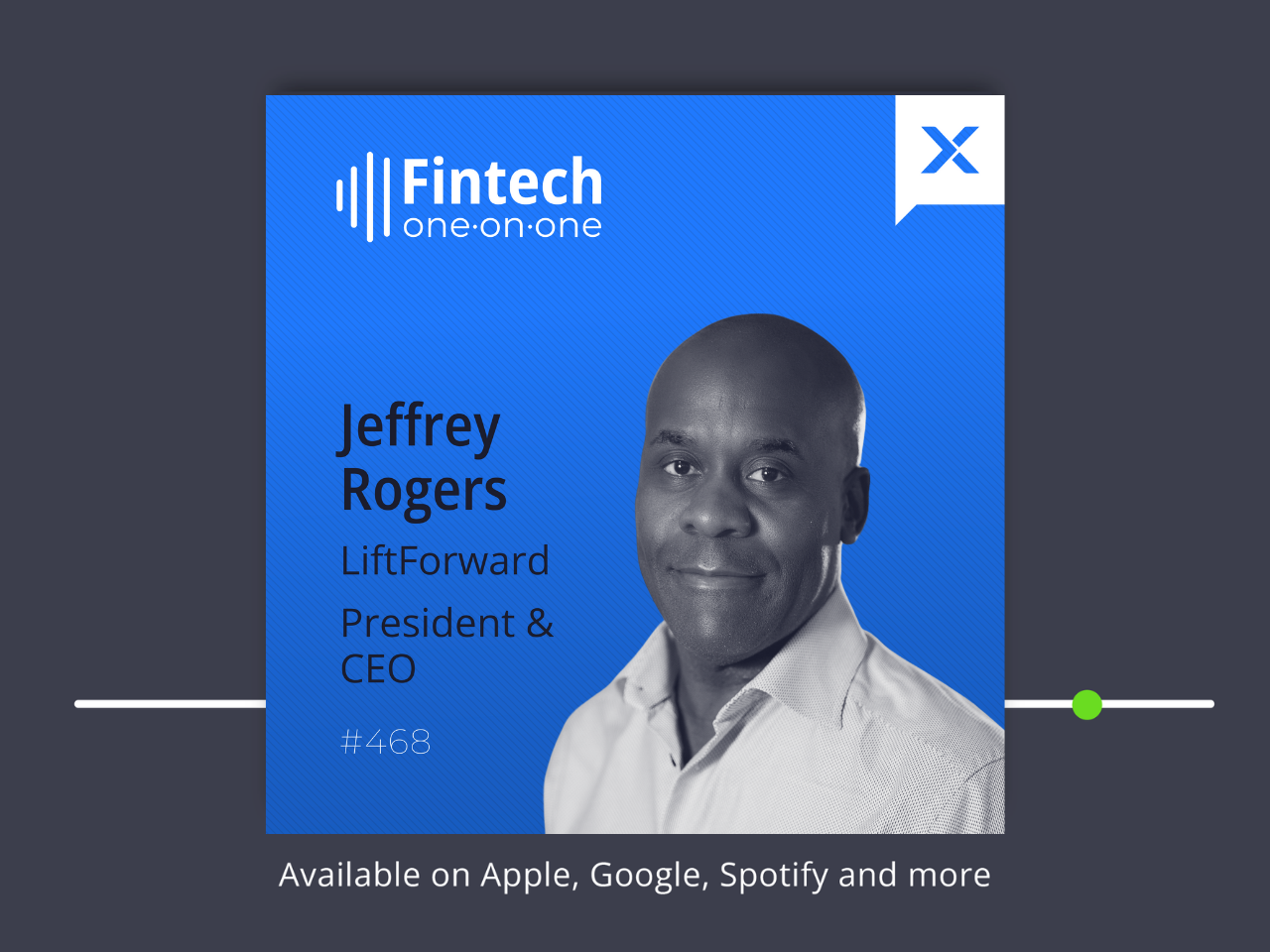Payment by bank account is a functionality that has existed for more than a decade in many countries. But it is still a relatively new phenomenon in the U.S.
Merchants love it because of the lower fees involved. Credit card networks hate it because it eats into their card volumes. U.S. consumers are ambivalent with some people, who loathe credit card debt, happy to use it while others want their credit card rewards.
Some fintech startups are tackling this problem as well as banks and established fintechs. Will it take off?
That remains to be seen. In today’s news, there are two stories with somewhat competing narratives on pay-by-bank. One says that cards are so entrenched at retail that pay-by-bank faces a tough road to broad adoption. The other says that merchants will drive adoption and while not suitable to all use cases, it is getting traction in bill and rent payments and will expand from there.
I think the way in is through digital wallets and tap-to-pay. If you are using a phone to pay, it is just as easy to use a bank account as it is to use a credit card. Merchants should share the cost savings with consumers to drive adoption.
Having said that, I don’t think 2024 is going to be the year of “pay-by-bank”. But I am bullish on pay-by-bank as a long-term trend.
Featured
> Why ‘pay-by-bank’ faces adoption hurdles in US retail
By Suman Bhattacharyya
Pay-by-bank has been catching on slowly, and it’s a particularly long shot for showing up at the point of sale any time soon.
> Plaid Says Pay by Bank Is Nearing a Tipping Point as Consumers Form New ‘Habits’
www.pymnts.com
Rahul Hampole, head of payments at Plaid, said pay by bank is gearing up for widespread adoption — but much depends on use cases that are offered, spanning pay-ins … and payouts.


From Fintech Nexus
> Marqeta’s Simon Khalaf: BNPL, embedded finance innovation just beginning
By Tony Zerucha
Embedded finance and buy now, pay later (BNPL) are hotbeds of innovation, and Marqeta is in the middle of the action, CEO Simon Khalaf said.
> How Banks Can (and Should) Solve the Transactional Data Drought Problem
By Jeff Hallenbeck
Financial institutions have access to a vast amount of customer data, including account information, transaction history, and credit scores. However, much of that data is siloed by different payment platforms and networks and out of reach when fraud teams need it most. Banks can address this data drought problem by finding ways to modernize their tech stack, getting creative with existing rails, and leaning on providers to gain scale.


Podcast


Jeffrey Rogers, President & CEO of LiftForward on embedded lending
The CEO and founder of Liftforward, Jeffrey Rogers, talks about the origins of embedded lending, BNPL, partnering with Microsoft,…
Listen Now
Also Making News
- USA: Banks Sue Regulators Over Anti-Redlining Rule
A new lawsuit says federal agencies overstepped their authority in a rule forcing banks to do business in underserved communities.
- USA: America’s Biggest Bank Is Growing the Old-Fashioned Way: Branches
Banking has gone digital, but JPMorgan is building bricks-and-mortar branches.
- USA: Fintech group urges FDIC to renew innovation efforts
Republican legislators and the American Fintech Council expressed worries recently over how the FDIC has managed its innovation efforts, highlighting the significant changes to an office established to head those efforts.
- USA: ChargeAfter to Provide PoS Technology to Citi Pay
Citi Retail Services has selected ChargeAfter, the embedded lending platform for point-of-sale financing, as a technology provider for its Citi Pay products.
- USA: MoneyLion, EY Partner on Fintech Adoption Service for Banks and More
MoneyLion and global consulting firm EY have partnered to help banks keep up with the Fintech revolution.
- UK: UK fintech investment down 34% in 2023
Total UK fintech investment dropped to $12.3 billion in 2023, down 34% from $18.7 billion in 2022, according to KPMG’s Pulse of Fintech, a bi-annual report on fintech investment trends
- USA: Rain Secures $300M to Expand Financial Wellness Services
Rain secures $300 million from Clear Haven Capital Management to expand its financial wellness services, offering employees real-time access to earned wages.
To sponsor our newsletters and reach 220,000 fintech enthusiasts with your message, contact us here.